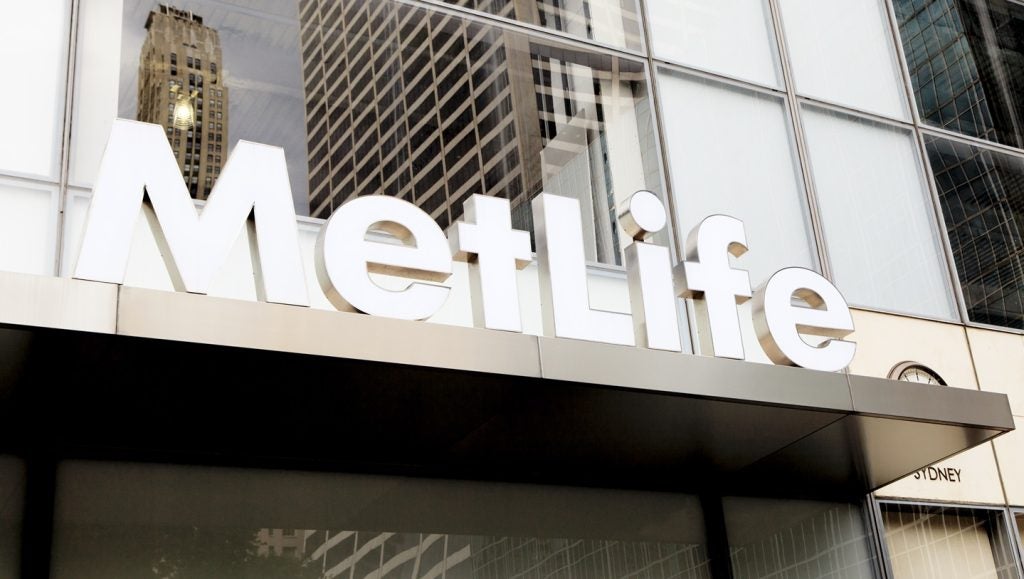 ‘Italy’s tax amnesty (known locally as the scudo
‘Italy’s tax amnesty (known locally as the scudo
fiscale, or fiscal shield) has been more successful than many
expected, generating €95bn ($129bn) of newly declared assets
between mid-September and mid-December 2009. Estimates of Italy’s
offshore assets vary widely, but this may amount to some 20% to 30%
of the total. And this will rise further as investors enter extra
time, with the amnesty extended to the end of this month.
Like its football team, Italy has become
something of a world leader in tax amnesties – this is its third,
and most successful, in eight years. Key to its success has been
the very low one-off penalty fee of 5%, albeit upped to 7% for
those who wait until March/April to declare. In comparison, the
UK’s recent global offshore amnesty charged 20 years of tax at 10%,
plus interest.
Retention of anonymity, including the accepted
use of vehicles such as trusts (fiduciaria) and
unit-linked life policies, has also played an important part, as
has administrative simplicity.
Switzerland accounts for 70% of the declared
assets, so it is natural to think of this as an easy away win for
Italy. But that figure overstates the initial direct impact
on Swiss-based banks.
First, this represents less than 5% of
Switzerland’s estimated total offshore assets. Second, only around
41% of the total declared assets have been physically repatriated.
Instead, under the terms of the amnesty, clients with offshore
assets in Switzerland (and other non-EU countries) can opt for
juridical repatriation – placing the assets in the
custody/management of Italian-authorised institutions in
Switzerland; trust structures also enable Swiss-based banks to
continue to manage the assets.
Third, many of the large Swiss players are able
to capture some of the physically repatriated assets by rebooking
them in their Italian onshore units. Hence, Credit Suisse was
initially able to retain around 66% of the declared assets, UBS 63%
and Julius Baer 60% – albeit at lower margins.
How well do you really know your competitors?
Access the most comprehensive Company Profiles on the market, powered by GlobalData. Save hours of research. Gain competitive edge.

Thank you!
Your download email will arrive shortly
Not ready to buy yet? Download a free sample
We are confident about the unique quality of our Company Profiles. However, we want you to make the most beneficial decision for your business, so we offer a free sample that you can download by submitting the below form
By GlobalDataOn the other hand, the smaller Ticino-based
banks are particularly exposed, and the amnesty is forcing major
strategic rethinks – those that remain in the game will need to
sharpen their investment performance, advisory capabilities,
service quality and pricing.
Luxembourg (9%), Monaco (5%) and San Marino
(4%) are the other key source geographies for the newly declared
assets. But given their greater concentration of Italian offshore
assets, the amnesty is having a bigger impact than in Switzerland.
San Marino now faces its worst crisis since the war and urgently
needs to overhaul its entire economic model as the amnesty drained
24% of its deposits, compounding various other, more home-grown,
problems.
For Italian-based institutions, the amnesty has
clearly been music to their ears. The individual repatriated
amounts are estimated to average around €550,000, which is
significantly down on previous amnesties.
Small players are said to have benefited more
this time than the large banks; which has translated into strong
equity price gains among banks including Banca Generali and Azimut.
But again, it is easy to get carried away.
The vast majority of the physically repatriated
assets are currently sitting in low-margin deposit accounts, and it
remains to be seen how much will be converted into managed assets.
Anecdotal evidence suggests that a good proportion of the returning
assets will end up being redeployed in under-capitalised family
businesses.
Overall then, the Italian tax amnesty’s impact
on Swiss private banking is less than headlines suggest. Over time,
some of the repatriated assets are likely to seep back across the
border; and repeated amnesties with low penalties do not exactly
send a strong anti-tax evasion message.
Italy has scored a quick legitimate goal
against Switzerland, but the match could result in a score draw
over the longer term.’
David Maude is a private banking
consultant based in Verona and London. He can be contacted at
david@david-maude.com.







